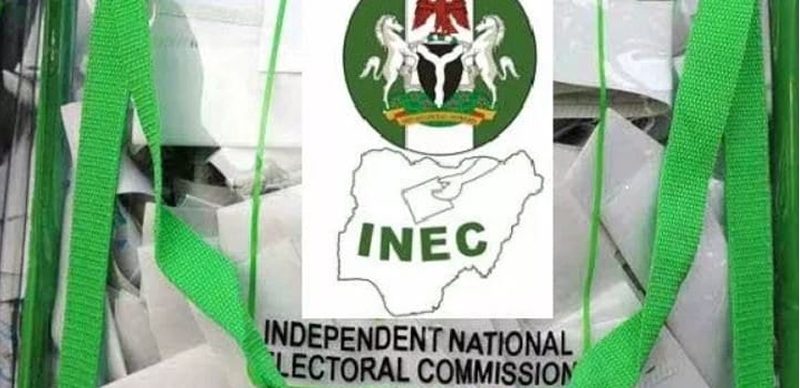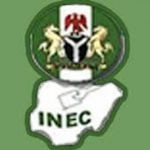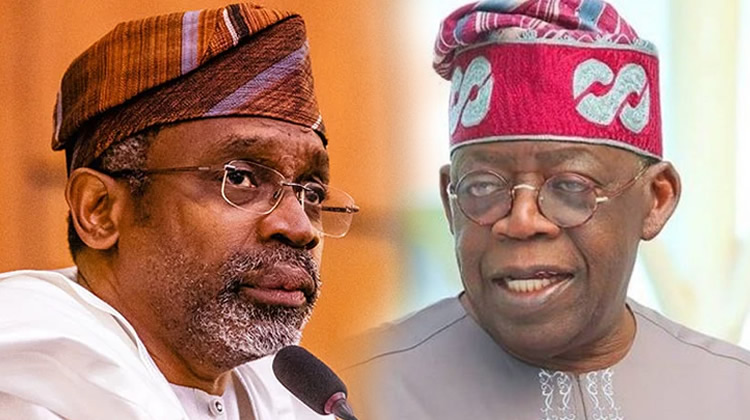The Independent National Electoral Commission says it will upload election results from the 5,634 polling units to its result-viewing portal in today’s governorship poll in Anambra State.
It however said collation of results would be done manually as obtained in previous elections and not with the uploaded results.
The commission expressed confidence that the technological approach, designed to enhance transparency in the election management process, would boost people’s confidence in elections and enable Nigerians to view polling unit results in real time as voting ends.
The innovation, introduced in August 2020, was first used by the electoral body in the August 8, 2020 Nasarawa Central State Constituency bye-election and was later deployed in the Edo and Ondo states governorship elections held on September 19 and October 10, 2020, respectively.
INEC National Commissioner and Chairman, Information and Voter Education Committee, Festus Okoye, told Saturday PUNCH in an interview on Thursday that after the commission converted 1,112 voting points to full-fledged polling units, the total polling units in the state rose to 5,720.
He said 86 polling units would not be used because the commission could not carry out batch transfers because of insecurity and the inability to carry out intensive civic and voter education.
…to deploy bimodal system for voter fingerprints, facial accreditation
Meanwhile, Okoye said the Bimodal Voter Accreditation System newly introduced by the commission would more or less replace the card readers going forward and would be used for voter registration, accreditation and uploading polling unit results to the result-viewing portal.
He said, “BVAS allows us to use one machine for the purposes of voter registration, accreditation – fingerprint and facial authentication – and uploading of polling unit results to our result-viewing portal. So, it’s a three-in-one solution. We are confident that the BVAS will perform well and it will be the dominant means of accreditation going forward.
“The commission will upload polling unit level results to our INEC result-viewing portal. We are confident that our new technological approach to elections will continue to yield results. We have trained all the ad hoc staff that would use the BVAS and the implication is that we have more or less retired the smart card reader as equipment for voter accreditation.”
Okoye said that the BVAS were dispatched to the local government areas since Thursday, adding that if any challenge arose, whether in the voting or logistics, the commission had the capacity to deal with them.
18 candidates vie for 2.5 million votes
No fewer than 18 political parties are participating in the election and they would be jostling for over 2.5 million votes. According to INEC, 2,525,471 registered voters would participate in the election.
It was gathered that 77,475 valid registered voters at the end of the first quarter of the Continuous Voter Registration exercise were added to the state’s voters’ register. This figure was added to the existing register of 2,447,996 eligible voters used for the 2019 general election. Accordingly, the number of registered voters in Anambra State now stands at 2,525,471.
Unlike what obtained in previous election, INEC did not release the number of PVCs collected in the state. It blamed the security situation and the sit-at-home order by the separatist Indigeneous People of Biafra, which prevented residents from free movement, for its inability to fully distribute the PVCs to the owners. Some civil society organisations who are also observers in the election however described this as unacceptable.
Meanwhile, many residents of the state believe that the top contenders in the election are Ifeanyi Ubah of the Young Progressives Party; Valentine Ozigbo of the Peoples Democratic Party, Andy Uba of the All Progressives Congress, Chukwuma Soludo of the All Progressives Grand Alliance and Godwin Maduka of Accord Party.
Other candidates are Etiaba Chukwuogo (AA); Nwankwo Chidozie (AAC); Akachukwu Nwankpo (ADC); Ume-Ezeoke Douglas (ADP); Onyejegbu Okwudili (APM) and Azubuike Echetebu (APP).
The rest are Chika Okeke Adibe (BP); Agbasimalo Emmanuel (LP); Ohajimkpo Emeka (NNPP); Ezenwafor Victor (NRM); Nnamdi Nwawuo (PRP); Uzoh Godwin (SDP) and Obiora Okonkwo (ZLP).





2 Comments